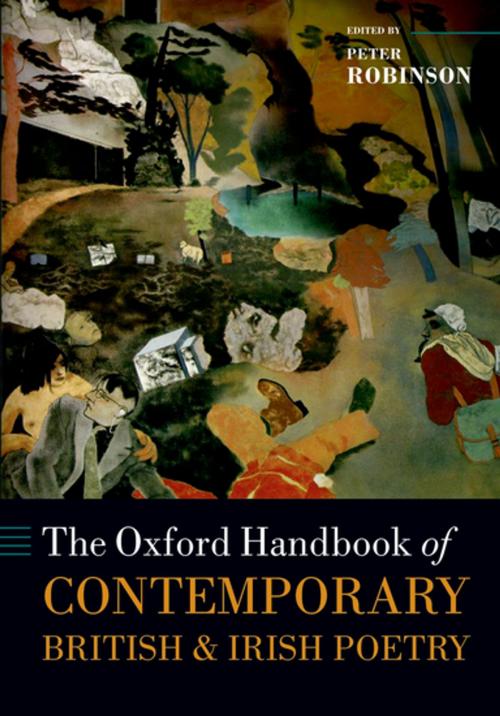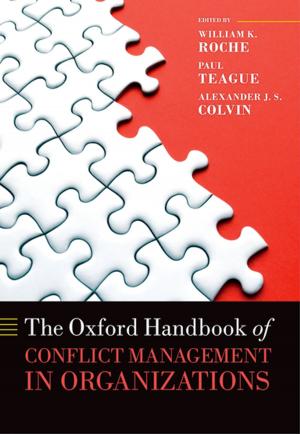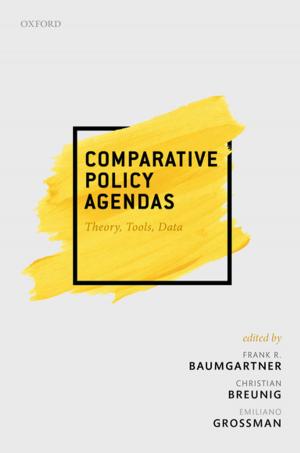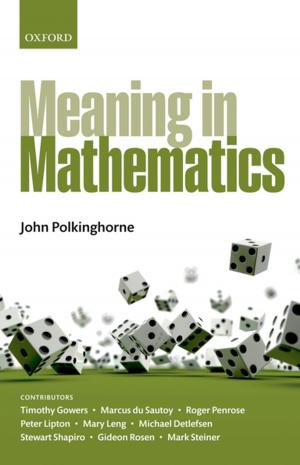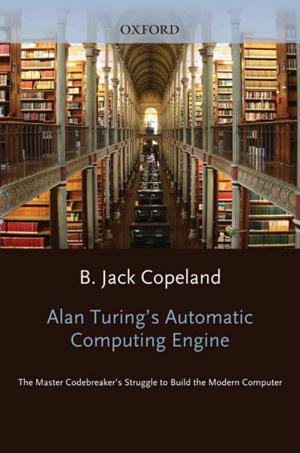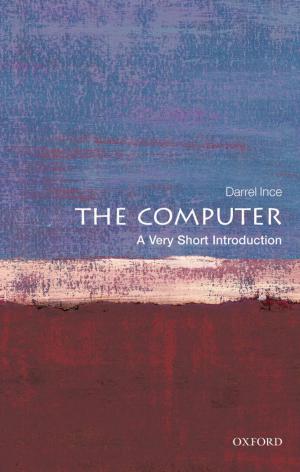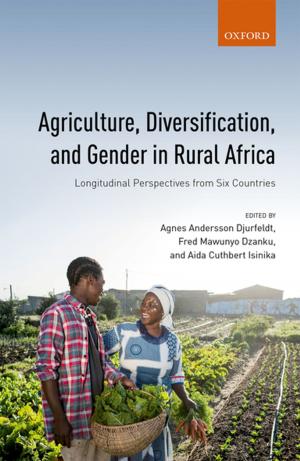The Oxford Handbook of Contemporary British and Irish Poetry
Fiction & Literature, Poetry, British & Irish, Literary Theory & Criticism, Nonfiction, History| Author: | ISBN: | 9780191652479 | |
| Publisher: | OUP Oxford | Publication: | September 26, 2013 |
| Imprint: | OUP Oxford | Language: | English |
| Author: | |
| ISBN: | 9780191652479 |
| Publisher: | OUP Oxford |
| Publication: | September 26, 2013 |
| Imprint: | OUP Oxford |
| Language: | English |
The Oxford Handbook of Contemporary British and Irish Poetry offers thirty-eight chapters of ground breaking research that form a collaborative guide to the many groupings and movements, the locations and styles, as well as concerns (aesthetic, political, cultural and ethical) that have helped shape contemporary poetry in Britain and Ireland. The book's introduction offers an anthropological participant-observer approach to its variously conflicted subjects, while exploring the limits and openness of the contemporary as a shifting and never wholly knowable category. The five ensuing sections explore: a history of the period's poetic movements; its engagement with form, technique, and the other arts; its association with particular locations and places; its connection with, and difference from, poetry in other parts of the world; and its circling around such ethical issues as whether poetry can perform actions in the world, can atone, redress, or repair, and how its significance is inseparable from acts of evaluation in both poets and readers. Though the book is not structured to feature chapters on authors thought to be canonical, on the principle that contemporary writers are by definition not yet canonical, the volume contains commentary on many prominent poets, as well as finding space for its contributors' enthusiasms for numerous less familiar figures. It has been organized to be read from cover to cover as an ever deepening exploration of a complex field, to be read in one or more of its five thematically structured sections, or indeed to be read by picking out single chapters or discussions of poets that particularly interest its individual readers.
The Oxford Handbook of Contemporary British and Irish Poetry offers thirty-eight chapters of ground breaking research that form a collaborative guide to the many groupings and movements, the locations and styles, as well as concerns (aesthetic, political, cultural and ethical) that have helped shape contemporary poetry in Britain and Ireland. The book's introduction offers an anthropological participant-observer approach to its variously conflicted subjects, while exploring the limits and openness of the contemporary as a shifting and never wholly knowable category. The five ensuing sections explore: a history of the period's poetic movements; its engagement with form, technique, and the other arts; its association with particular locations and places; its connection with, and difference from, poetry in other parts of the world; and its circling around such ethical issues as whether poetry can perform actions in the world, can atone, redress, or repair, and how its significance is inseparable from acts of evaluation in both poets and readers. Though the book is not structured to feature chapters on authors thought to be canonical, on the principle that contemporary writers are by definition not yet canonical, the volume contains commentary on many prominent poets, as well as finding space for its contributors' enthusiasms for numerous less familiar figures. It has been organized to be read from cover to cover as an ever deepening exploration of a complex field, to be read in one or more of its five thematically structured sections, or indeed to be read by picking out single chapters or discussions of poets that particularly interest its individual readers.
